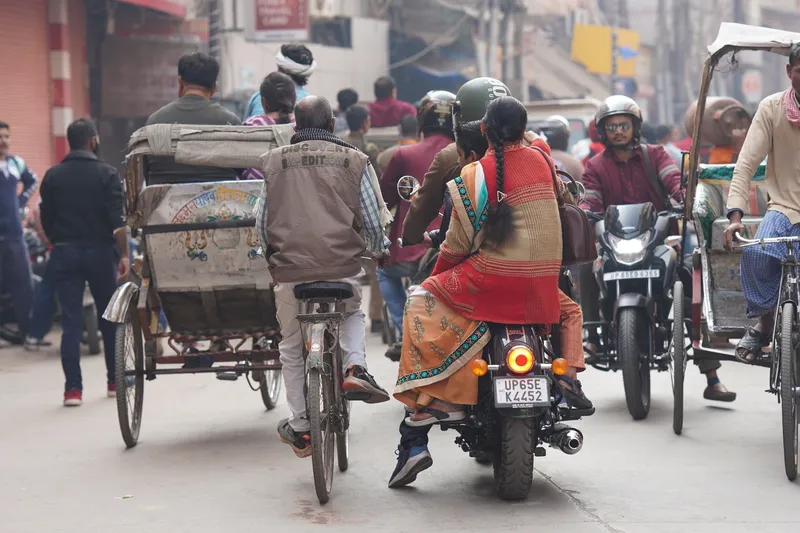
Members of the machine learning community are being challenged to use the latest AI methods to model and predict future traffic congestion levels and vehicle speeds across three major cities – London, Madrid and Melbourne – in the fourth annual Traffic4cast competition.
The challenge has been set by the Institute of Advanced Research in Artificial Intelligence (IARAI), an independent global machine learning research institute, together with location data specialist Here Technologies.
The event’s core challenge sees participants asked to predict congestion level classes (red/yellow/green) for the entire road graph 15 minutes into the future, using only the past hour of traffic loop counter data.
In the extended challenge, contestants have to predict the average speeds on each road segment of the graph 15 minutes into the future, again, using only the previous hour’s traffic loop counter data.
Here provides the participants with traffic film clips based on two years of real-world data for the three cities.
The clips were created using Here data based on more than 100 billion GPS probe points from a large fleet of vehicles.
The data is fully anonymised and transformed into movie clips that depict traffic over time, including morning, evening and rush hour traffic events.
The competition’s aim is to reduce the barriers for using readily available, public loop counter data to predict future traffic state of entire cities.
IARAI says that the Traffic4cast competition is unique in merging AI with real-world datasets and traffic research to advance the understanding of complex traffic dynamics and systems.
Winners will receive prizes at NeurIPS 2022, the leading AI conference.
The three top-placed entries in the core challenge will receive vouchers or cash worth, respectively, €5,000, €3,000 and €2,000. All three teams will also receive one free NeurIPS 2022 conference registration.
Similar prizes will also be available for the top-placed three teams in the extended challenge.
Submissions are due by October 15.










